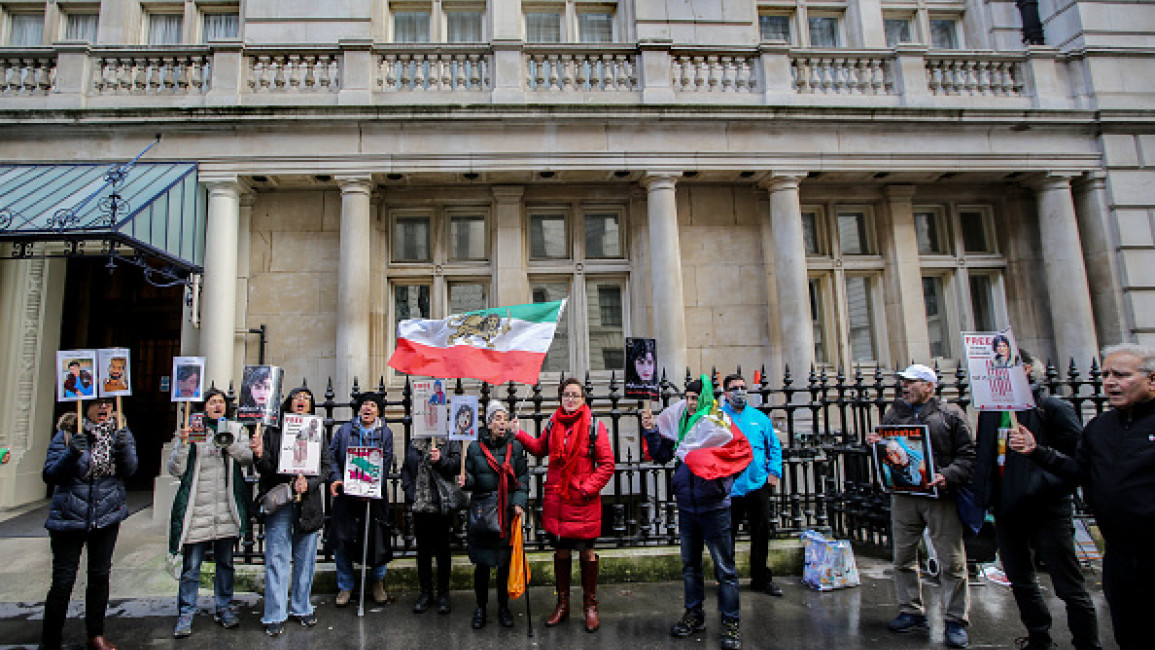Austrian national accused in UK over Iran TV 'terror plot'
An Austrian national went on trial in London on Monday for allegedly spying for a group that may have been preparing to attack an Iranian TV station in the British capital.
Magomed-Husejn Dovtaev, 31, who is originally from Chechnya, was detained by counter-terrorism officers in west London on February 11.
He was charged with possession of records containing information likely to be useful to a person committing or preparing an act of terrorism, and pleaded not guilty at a previous hearing.
Prosecutor Nicholas de la Poer told a jury that Dovtaev boarded a plane from Vienna to London to gather "hostile reconnaissance" on a building occupied by the Persian-language channel Iran International.
The channel's journalists had reported on alleged human rights violations in the country.
"The prosecution's case is that he was carrying out hostile reconnaissance," de la Poer said in his opening speech at the Old Bailey court in central London.
"The very fact that the defendant went to collect this information shows that planning by others was already under way," he added.
The Iranian government declared Iran International a terrorist organisation after it reported on protests sparked by the death of 22-year-old Mahsa Amini.
She died in September last year after her arrest in Tehran for an alleged breach of the Islamic republic's strict dress code for women.
Amini's death triggered months of nationwide demonstrations under the slogan "Woman, Life, Freedom".
"The prosecution's case is that as a result of the Iranian authorities' attitude towards Iran International, the organisation and its employees all became targets for violent reprisals," de la Poer said.
"As we shall come to see, there is other evidence as well which demonstrates that the defendant's visit was the most recent in a sequence of such visits by others unknown."



